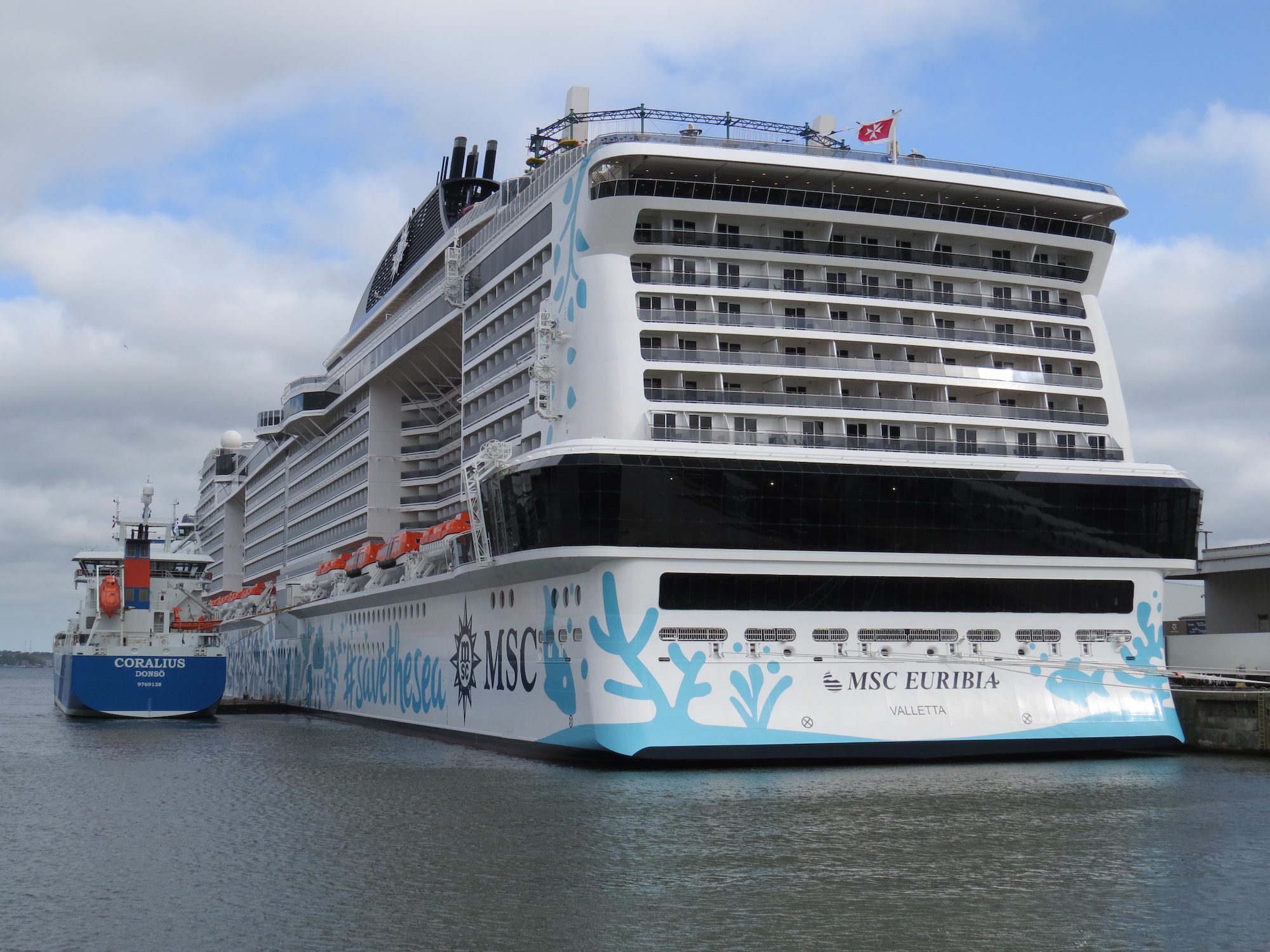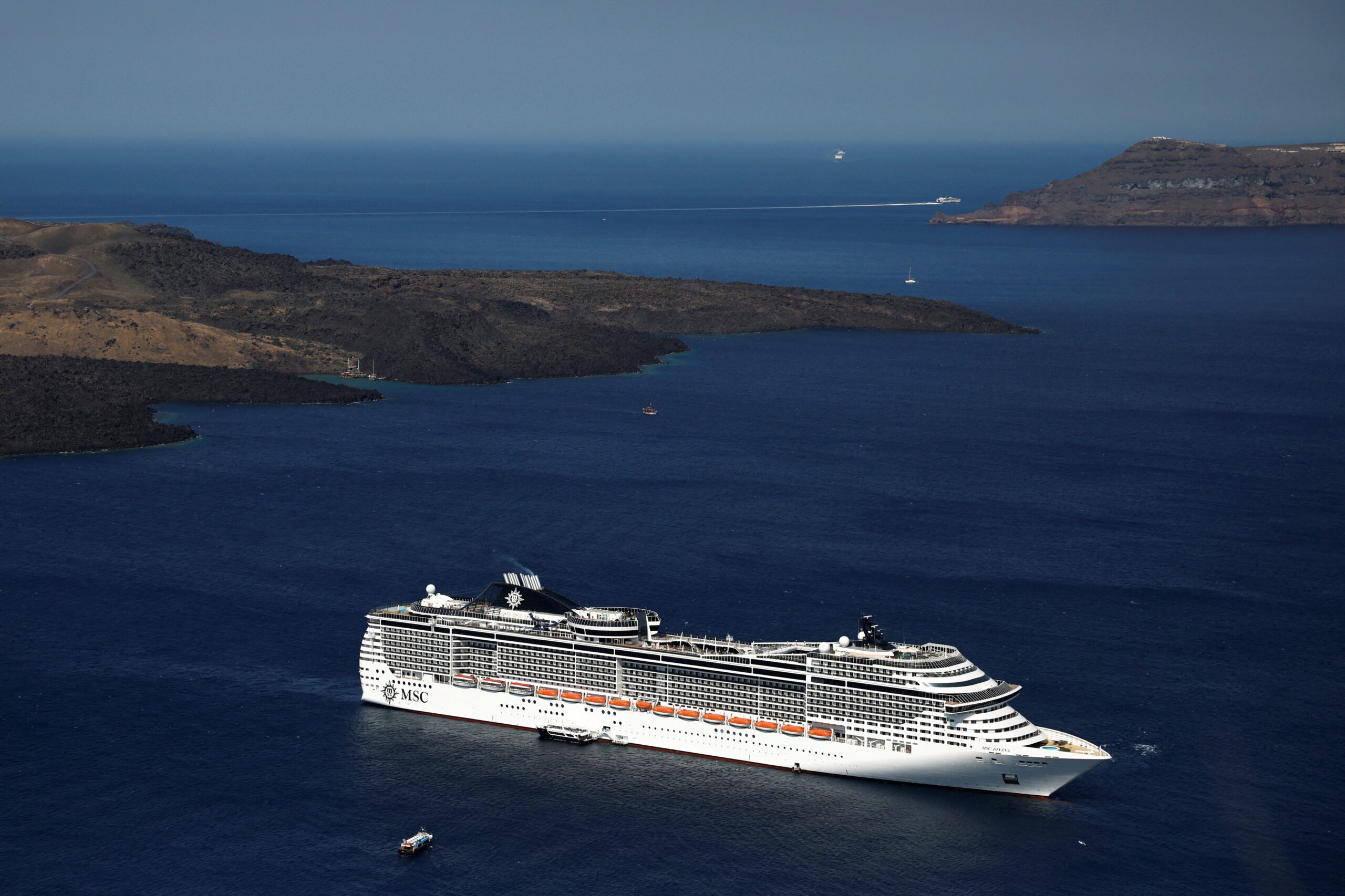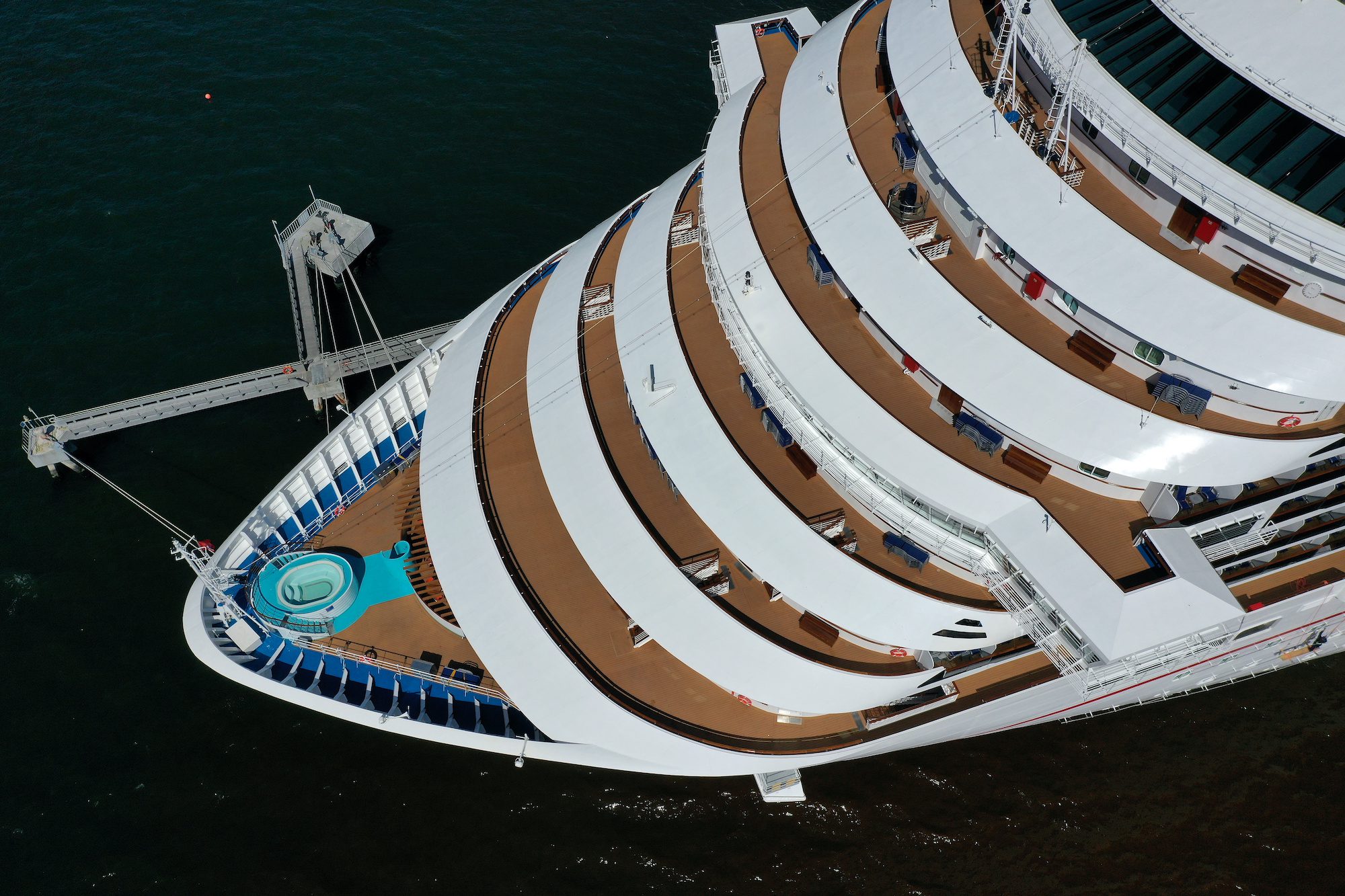MSC Cruises and Nordic energy company Gasum have announced the signing of a Letter of Intent (LOI) to collaborate on the supply of synthetic e-LNG, a carbon neutral fuel produced with renewable energy and captured CO2, to help reduce greenhouse gas emissions from MSC’s fleet.
The two companies have also agreed to a long-term contract for the supply of liquefied natural gas (LNG) to MSC Cruises’ new flagship, MSC Euribia.
MSC Cruises has set goal of achieving net zero greenhouse gas emissions from its marine operations by 2050. The collaboration between Gasum and MSC Cruises will help to reduce emissions in MSC’s cruise operations through the use of “several thousand tons” of e-LNG beginning in 2026.
Meanwhile, the long-term agreement to deliver liquefied natural gas (LNG) to the new flagship MSC Euribia will result in an immediate emissions reductions for MSC Cruises, including eliminating all sulfur oxide and particle emissions, significantly reducing nitrogen oxide emissions, and lowering greenhouse gas emissions.
The LNG technology used on board MSC Euribia enables the switch to fully renewable liquefied biogas (bio-LNG) or synthetic gas (e-LNG) at any time, resulting in greenhouse gas emissions reductions of up to 100 percent.
MSC Euribia recently demonstrated the first-ever net zero greenhouse gas emissions voyage by utilizing bio-LNG procured by Gasum. The ship sailed from Saint-Nazaire, France to Copenhagen, Denmark, taking four days to complete the voyage utilizing bio-LNG with a “mass-balance” approach, the most environmentally efficient method when using renewable biogas.
For the voyage, MSC Cruises purchased over 400 tons of bio-LNG from Gasum, becoming the first ocean cruise operator to use bio-LNG to reduce their emissions.
Linden Coppell, Vice President of Sustainability and ESG for MSC Cruises, said partnerships like the one with Gasum are critical to MSC Cruises’ decarbonization efforts.
“Partnering with Gasum will enable us to access new and cleaner fuels needed to make net zero cruising a reality. We need more suppliers like Gasum to step up and support our industry with its environmental targets. We are ready and waiting to buy more of these new fuels,” she said.
Mika Wiljanen, CEO of Gasum, described the LOI as “a landmark agreement” for the shipping industry as it demonstrates that e-LNG will be available to the maritime transport sector in the near-term. “We are also very happy about the long-term LNG supply agreement, which we believe is the start of long-lasting cooperation,” he said.
E-LNG Fuel
E-LNG gas is synthetically made through the Power-to-Gas process. Water is used to produce hydrogen from renewable electricity, which is then converted into methane by adding non-fossil carbon dioxide from carbon capture. The resulting synthetic renewable methane gas can be used as natural gas, biogas, and liquefied biogas, and can be transported through existing infrastructure and used in dual-fuel engines on existing ships.
Gasum aims to bring 7 terawatt-hour of renewable gas to market per year by 2027, equivalent to eliminating 1.8 million tons of cumulative annual carbon dioxide emissions for its customers.

 Join The Club
Join The Club











